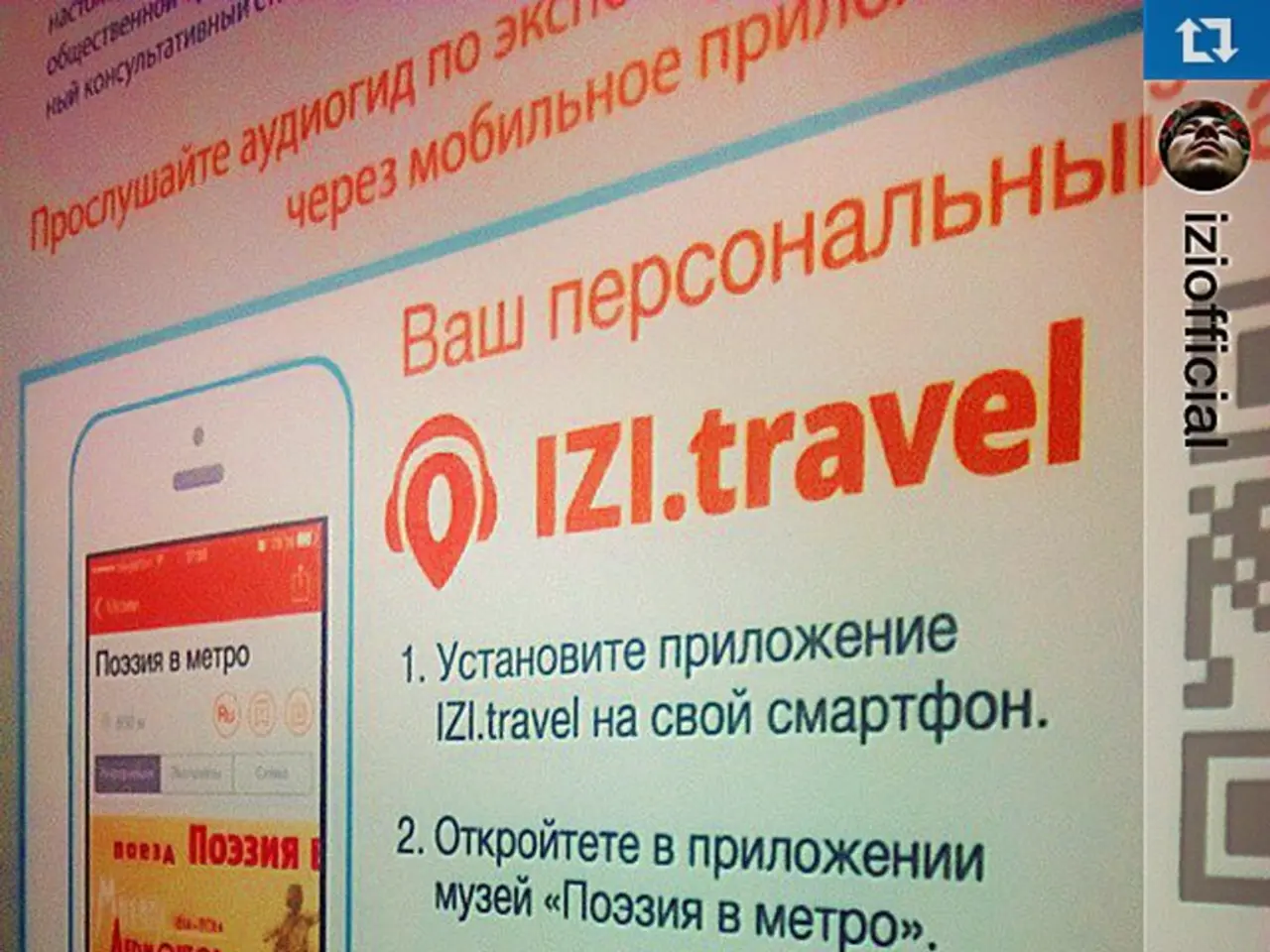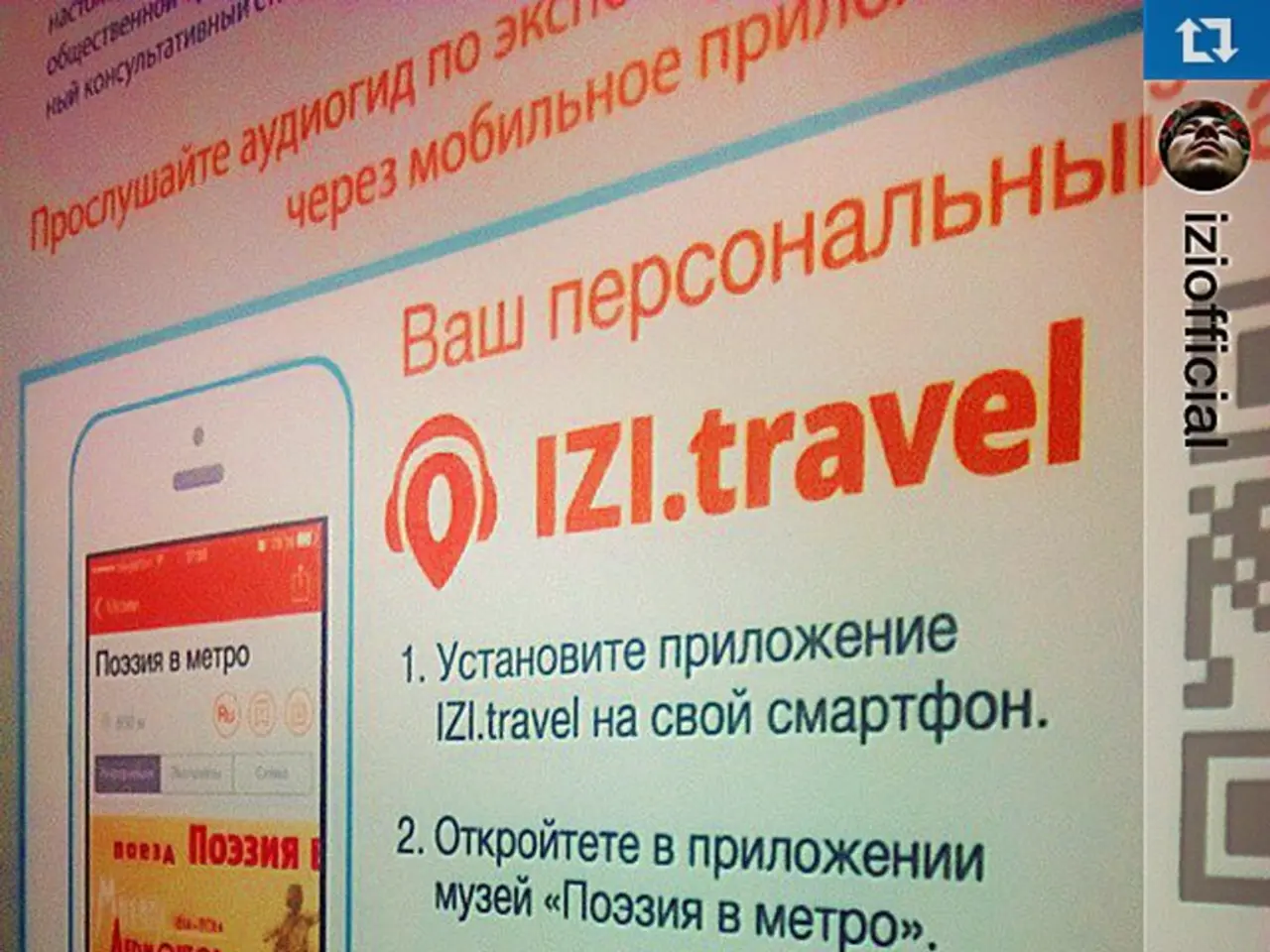Join the Price Advertising Debacle: BGH Takes On Netto's Appeal
BGH deliberates over promotional strategies featuring discounted items. - Background parties engage in talks concerning affordable promotional deals
Hey there! Let's delve into the world of advertising and courtrooms as the Bundesgerichtshof (BGH), Germany's Federal Court of Justice, hears Netto's appeal. This appeal centers around an accusation of misleading advertising related to price reductions.
- *
The initial dispute arose when the Central Office for the Suppression of Unfair Competition found the advertising in question to be misleading and brought forward an action for injunction. By and large, the Higher Regional Court of Nuremberg agreed with this assessment in September 2024, stating that the advertising left consumers in a state of uncertainty concerning the extent of the price reduction—making it misleading.
Netto, not one to back down easily, appealed the decision to the BGH. Just as the dust started to settle in this domestic dispute, the European Court of Justice (ECJ) weighed in with its own ruling in September 2024, stating that advertised price reductions must be based on the lowest price over the past 30 days.
- *
Now, let's dive a bit deeper into the legal aspects of this situation. Based on general legal principles relevant to such cases:
- The ECJ has established guidelines that price reductions advertised should reflect a price that was genuinely available for at least 30 consecutive days prior to the promotion period to avoid deceiving consumers. This standard promotes transparency and fairness in advertising reduced prices.
- The BGH, when considering appeals concerning misleading price advertising, typically aligns with these European standards to protect consumers from deceptive price comparisons.
- In Netto’s appeal involving claims of misleading reduced price advertisements, the BGH would likely assess:
- Whether Netto’s advertised reduced prices corresponded to a genuine previous price available for the required 30-day period.
- If not, whether this constituted misleading advertising under German law and EU consumer protection directives.
- The conformity of Netto’s advertising practices with the ECJ’s pricing guidelines.
Thus, if Netto fails to demonstrate compliance with the 30-day rule, it seems plausible that the BGH would likely uphold the decision against Netto, ruling that the advertised price reductions were, indeed, misleading and therefore prohibited.
- *
Sadly, as of now, no specific BGH ruling or decision details regarding Netto's appeal are found in available sources. To get more precise information about the case or the ruling, one would need to consult official BGH decisions or legal commentaries on recent price advertising cases. Keep an eye on the news for updates!
Businesses and finance are at the heart of this strategic legal dispute, as Netto, a retail company, is appealing a ruling against their misleading pricing advertising by the Bundesgerichtshof (BGH), Germany's Federal Court of Justice. Given the European Court of Justice's emphasis on advertising prices based on genuinely available prices for at least 30 consecutive days, the BGH is expected to assess Netto's conformity with these standards and determine whether their price reductions were indeed misleading, in light of general legal principles and EU consumer protection directives.






